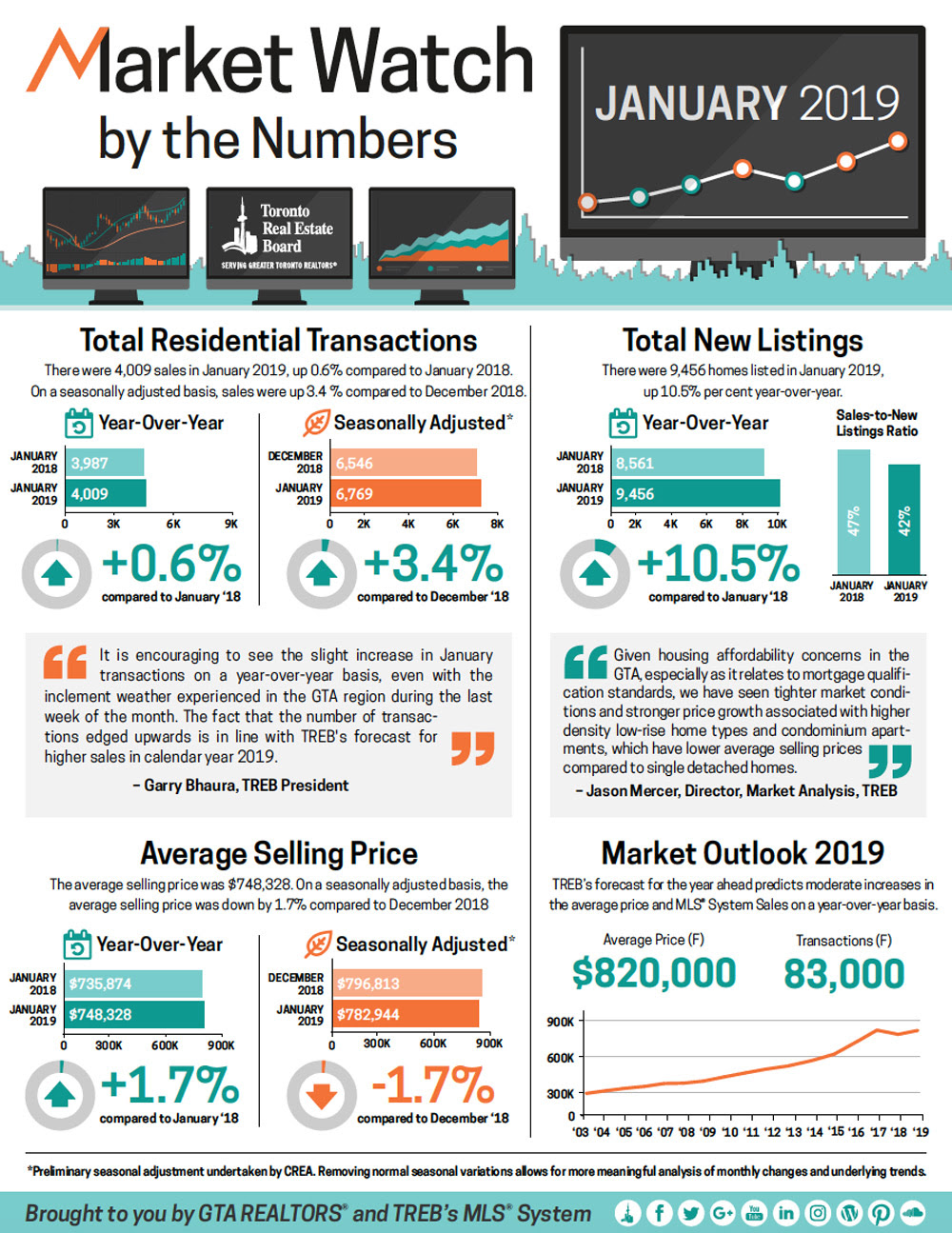Buy? Sell? Should Canadians buy into real estate or not?
It’s either the best of times to buy a house, or the worst of times. A conflicting sea of economic factors doesn’t help matters as on-the-fence Canadians try to decide whether to take the plunge into home ownership.
With prices rising, it may seem like an easy choice to lock in now. But with continued economic uncertainty due to the stagnating American recovery and its effect here, some Canadians are feeling skittish. Is it time to panic or is time currently on Canadians’ side?
“Some Canadian cities are experiencing price increases that seem out of step with consumer affordability,” says Gregory Smith, a partner in Novantas. “But I think it’s inaccurate to say the whole country is experiencing a housing bubble.”
On the plus side, interest rates remain at historic lows. Reduced unemployment — the national rate was down to 7.4 per cent in May — may encourage more Canadians into the market. And when they start looking, they’ll find that prices in most regions still haven’t recovered to their pre-recession highs.
Rising prices, though, are being driven by an influx of money, some of it from foreigners seeking relatively affordable real estate investments abroad. That means the clock is ticking before the window of opportunity closes; a situation that only fuels speculation and fears about waiting too long to buy.
But there’s a dark side that’s giving many Canadians pause before they pick up the phone and call a realtor. Those low-as-can-be interest rates have nowhere to go but up, and despite continued debate over precisely when they’ll begin their one-way trip in that direction, no one disagrees it’s only a matter of time.
Bank of Canada Governor Mark Carney says rising rates coupled with record-high levels of household debt and recent moves by the federal government to tighten eligibility for mortgages will all dampen demand for real estate.
“There will be a large section of soon-to-be homeowners who will no longer qualify at higher borrowing costs,” says Smith. “That has a knock-on effect through the rest of the housing market and soon thereafter house prices flatten or decline. I believe that rather than a bubble bursting, we’ll experience a bubble stabilizing or deflating to a more reasonable, natural buoyancy.”
Jobs are another sobering factor. Slowly sinking unemployment rates in most regions of the country mask a more troubling reality: That many Canadians have simply given up looking for work. Even for those who have jobs, employment uncertainty breeds fear that may keep many out of the market.
“The fundamentals of the economy are driven by GDP growth, population growth and employment,” says Addy Saeed, a sales representative with Re/max Active Realty Inc. Brokerage in Toronto. “Canadians are unemployed at a higher rate, which is troubling. But GDP and population growth has been steady, which is bringing new money into the country.”
That new money comes with a cost to Canadians, says Aaron Best, a realtor and property manager with Coronet Realty Ltd. in Vancouver.
“When you have foreign speculators buying here just to ‘park’ money outside of their home country, it skews the market,” he says. “It’s no longer a level playing field.”
But does this mean we’re in a bubble? Likely not.
Michael Drouillard, author of ‘Landlording in Canada,’ cites historical pricing in B.C.’s lower mainland as an example. After prices there increased rapidly and dramatically between 2003 and 2008, the pattern shifted.
“If this were a classic bubble, prices would have rapidly declined afterwards, but they didn’t,” he says. “Prices have been stagnant for a few years and now it looks like they are slowly moving upwards once again.”
Drouillard says “all we need right now is something like an increase in interest rates and that could set us over the edge and cause a decline.”
Regional pricing trends play a significant role, too, but that still doesn’t mean Canada is riding the bubble.
“We feel it’s business as usual in the housing market,” says Terry Loney, sales representative with The Loney Group in London. “We don’t feel there’s a housing bubble due to the fact that the real estate market fluctuates differently in each region across Canada. Certain areas such as Vancouver and Toronto have a shortage of supply with high demand, while other cities have their own regional influences.”
Loney says as rates begin to rise, the market will start to slow down, with prices continuing their steady rise.
Some real estate professionals, like Shannon Murree, a sales representative with RE/MAX Chay Realty Inc, Brokerage in Barrie, say the long-term trajectory of the market is clear, and speculation over whether or not we’re in a bubble does little to change reality.
“So long as the population is growing and people are working, house prices will go up,” she says. “This is especially true in Canada with our conservative practices. And no other investment can offer the returns that real estate can.”
 Torontonian Online Running in the fast lane! Real estate and more…
Torontonian Online Running in the fast lane! Real estate and more…

